 View and Print as PDF.
View and Print as PDF.
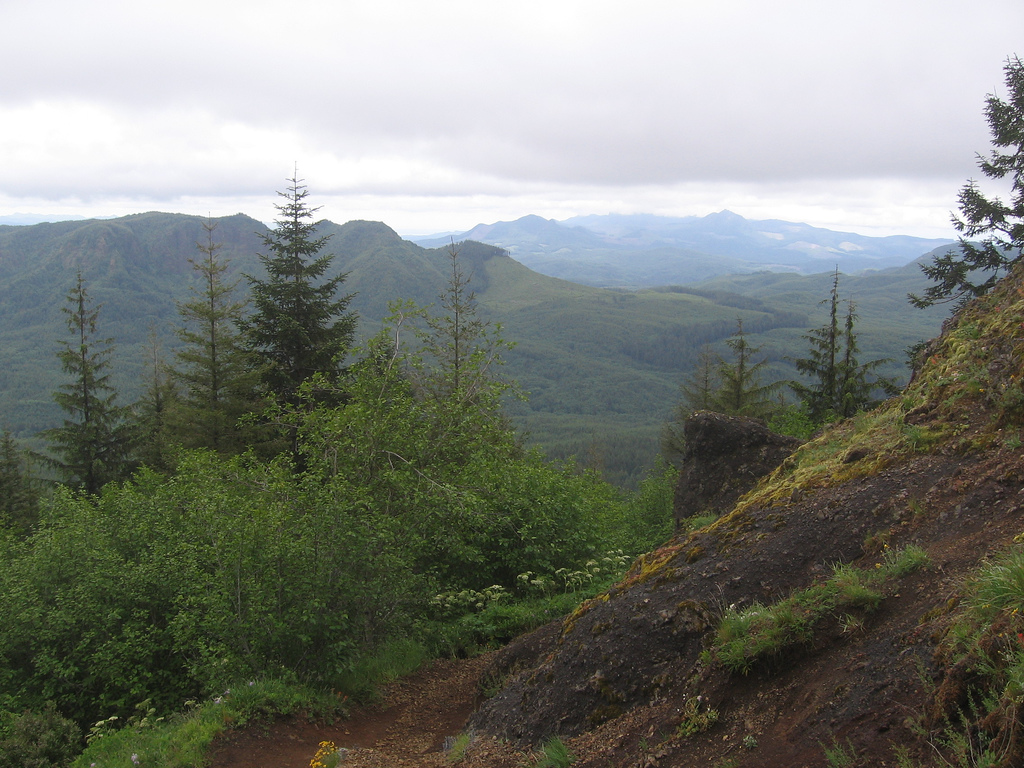
Most of us who consider ourselves environmentalists can tell you love stories about God’s creation. For each of us the stories are a little different, but ultimately we have hopelessly and beautifully fallen in love.
For me, I fell in love as a young child. Playing and working in my parents’ garden, hiking the mountains of Oregon, walking the beach of the Pacific, and bicycling through the vast fields of grass seed and grains growing in the Willamette Valley. The sights, the smells, the feels, are all part of my identity. The sound of rain on a tent wall or the sight of rare wild flowers in a meadow brings a smile to my face. And it was there, in the midst of God’s created glory, as a sixth grader, sitting on a moss covered log over a stream and watching a thunderstorm, that I believe I first truly realized the majesty of God.
This is all a way of saying that who I am and why I care for God’s creation are not primarily based on a set of ethical rules outlined by scripture or culture. Those rules inform my behavior, as they do for many Christians, but ultimately my engagement with the environment and eco-justice is rooted in love.
___________________________________________
And may we fall in love, one moment of askesis at a time.
___________________________________________
Love has the power to move us, to change us, and to inspire us. That initial love of creation begets more love. What may have begun on a log over a stream is actually lived out in the beauty and messiness of relationship. Admittedly, in human relationships, love stretches and strains as intimacy deepens and we’re challenged to grow and to change. It’s beautiful and awkward, delightful and sometimes downright frustrating. Similarly, while reveling in our love of God’s creation, we experience joys and sorrows as love moves through relationships with creation and with people.
This love, of others and of creation, is part of a deeply incarnational theology. As the theologian Jürgen Moltmann once wrote, “God suffers in us, where love suffers.”[i] Where hearts break, where our love of, and for, God’s creation is torn by the degradation of the earth: there God suffers.
Mark Wallace takes that intimacy even further as he writes about the parallel between the suffering of the earth and the suffering of Christ:
The promise of new life that flows from the suffering God hanging from a tree is recapitulated in the ministry of the wounded Spirit, whose solidarity with a broken world is a token of divine forbearance and love. Hope, then, for a restored earth in our time is theologically rooted in the belief in the Spirit’s benevolent cohabitation with all of the damaged and forgotten members of the biosphere human and nonhuman alike. The Spirit’s abiding presence in a world wracked by human greed is a constant reminder that God desires the welfare of all members of the life web indeed, that no population of life-forms is beyond the ken of divine love, no matter how serious, even permanent, the ecological damage might be to these living communities.[ii]
If we believe that God’s love extends to and through broken creation, as it does through the cross to us, we must recognize how that love is made manifest in our own human relationships, as well. Indeed, sharing our love of creation with those we love is something we are called to do, as agents of change and disciples of Christ. Yet, that sharing comes with all the challenges of any relationship.
Love is often accompanied by strong convictions, and often such convictions about changing behavior strain even the strongest of relationships. In a 2010 piece in the New York Times, Leslie Kaufman notes:
As awareness of environmental concerns has grown, therapists say they are seeing a rise in bickering between couples and family members over the extent to which they should change their lives to save the planet.[iii]
Thankfully, most of us don’t need a therapist’s intervention, but changing our behavior in order to care for God’s creation involves real change. While a walk along a pristine beach might do wonders for your relationship with your partner, living sustainably is often difficult.
When we love someone or something, we’re often willing to change. We do so for our partners, for our children, and for our congregations and communities. In loving creation, we adjust, modifying our behavior: composting, recycling, bicycling, and changing our diets. It may be difficult, but ultimately changing our behavior can deepen our discipleship and witness. That journey, of challenge and profound shift, is beautifully depicted in the documentary “No Impact Man” (or in the book of the same name by Colin Beaven)[iv], or in Presbyterian pastor Craig Goodwin’s book, “A Year of Plenty.”[v]
___________________________________________
Askesis implies seeking a cognitive break in the rhythms that have become ordinary, rudimentary even, and opens us to new vision and perspective.
___________________________________________
How we build upon that love and share it with others is part of discipleship. Sharing love of God’s creation is about creating space to witness it, to participate in it, and to work with it. Pastor Eugene Peterson writes of askesis (a Greek word meaning “exercise”, “discipline”, or “training”) as a powerful moment when certain circumstances force us to grow personally. Peterson writes,
We are familiar with the frequently beneficial consequences of involuntary askesis. How many times have we heard as we have visited a parishioner in the days following a heart attack, “It’s the best thing that ever happened to me—I’ll never be the same again. It woke me up to the reality of my life, to God, to what is important.” Suddenly instead of mindlessly and compulsively pursuing an abstraction—success, or money, or happiness— the person is reduced to what is actually there, to the immediately personal—family, geography, body—and begins to live freshly in love and appreciation.[vi]
We may have experienced times where askesis was involuntary, where disease or poverty, disaster or trauma, entered our lives. Yet Peterson believes that askesis can be voluntary, and that we need to create moments of “voluntary disaster”—moments that create a “break” in how we see the world, a crack through which grace and new understanding can emerge. It is crucial to note that “voluntary disaster” is not a discipline of glorifying suffering or validating, or even encouraging, human catastrophe. When askesis is voluntary it stands in opposition to such harmful theology, encouraging witness and reflection not suffering. It implies seeking a cognitive break in the rhythms that have become ordinary, rudimentary even, and opens us to new vision and perspective. Moments of “voluntary disaster” could be major moments in our lives like a visit to an impoverished community at home or abroad, or they could be simpler moments instigated by trying to consume only local foods or by trying not to purchase anything made of plastic. These moments of askesis pull us out of complacency and into acting out our love for creation. As Saint Francis of Assisi once said, “If you have men who will exclude any of God’s creatures from the shelter of compassion and pity, you will have men who deal likewise with their fellow men.”[vii] Loving our creation means loving neighbor.
Acts of love may take time and discipline, and definitely require intentionality, but they change us. And as they change us, they change those around us. Look at the Israelites in Jeremiah, the laws of Exodus and Leviticus. The story of the people of Israel is a story of a people and God’s creation, and their struggle to live into the love of God. We continue that journey.
Less time in front of a television can mean more time with those we love or with words we love, whether scripture or a novel. Local foods may take more effort to find but can connect us to the community around us. Carpooling, public transit, or bicycling might acquaint us with new friends or new neighborhoods. God’s immanence can be seen and felt in those relationships and neighborhoods. God is made incarnate in the moaning and groaning of creation and in the work and witness of those around us. Our spirituality, our relationship with our incarnate God, is deepened as we grow in relationship with one another.
May we change our lives to care for God’s creation. May our relationships blossom and grow. And may we fall in love, one moment of askesis at a time.
Read more articles like this one in the Nov 2012–Jan 2013 issue, “Hope for Eco-Activists: Discovering an Environmental Faith“
Notes
[i] Moltmann, Ju?rgen. The Crucified God: The Cross of Christ As the Foundation and Criticism of Christian Theology. Minneapolis: Fortress Press, 1993, p. 255
[ii] Mark I. Wallace “The Green Spirit: An Ecological Perspective” in Jones, Serene, and Paul Lakeland. Constructive Theology: A Contemporary Approach to Classical Themes with Cd-Rom. Minneapolis: Fortress Press, 2005, p. 278
[iii] Kaufman, Leslie. “Therapists Report Increase in Green Disputes” New York Times 18 Jan. 2010
[iv]movie: “No Impact Man” Oscilloscope Pictures, 2010; and the book: Beavan, Colin. No Impact Man: The Adventures of a Guilty Liberal Who Attempts to Save the Planet, and the Discoveries He Makes About Himself and Our Way of Life in the Process. New York: Farrar, Straus and Giroux, 2009.
[v] Goodwin, Craig L. A Year of Plenty. Minneapolis: Sparkhouse, 2011
[vi] as quoted in Craig Goodwin’s “Year of Plenty.” Originally from Eugene Peterson, Under the Unpredictable Plant: An Exploration in Vocational Holiness. Grand Rapids, Mich.: Eerdmans, 1992, p.75
[vii] Attributed to Saint Francis of Assisi, http://www.goodreads.com/quotes/196839 18. Sept. 2012
Andrew Plocher is the pastor at New Hope Presbyterian Church in Derwood, Maryland, just outside the DC beltway. Having worked as a labor and community organizer, Andrew has served with interfaith and labor leadership boards, currently serves committees of the National Capital Presbytery, and is passionate about environmental and social justice issues at the local and broader level. When not actively doing the work of the church, Andrew enjoys painting and training for marathons, working on his D.Min. (@ LPTS), and with his wife Anna enjoys the wonders of the DC area.

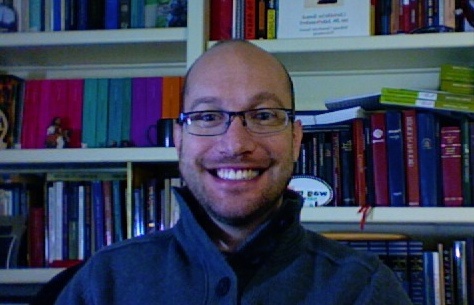
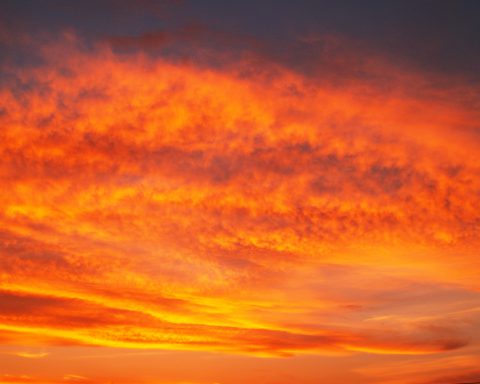

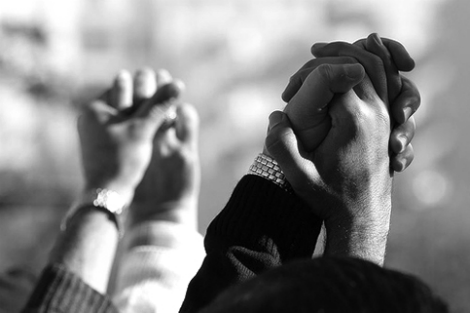
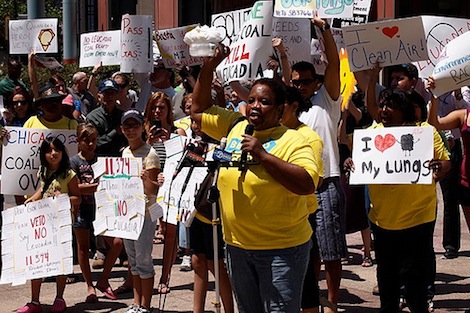
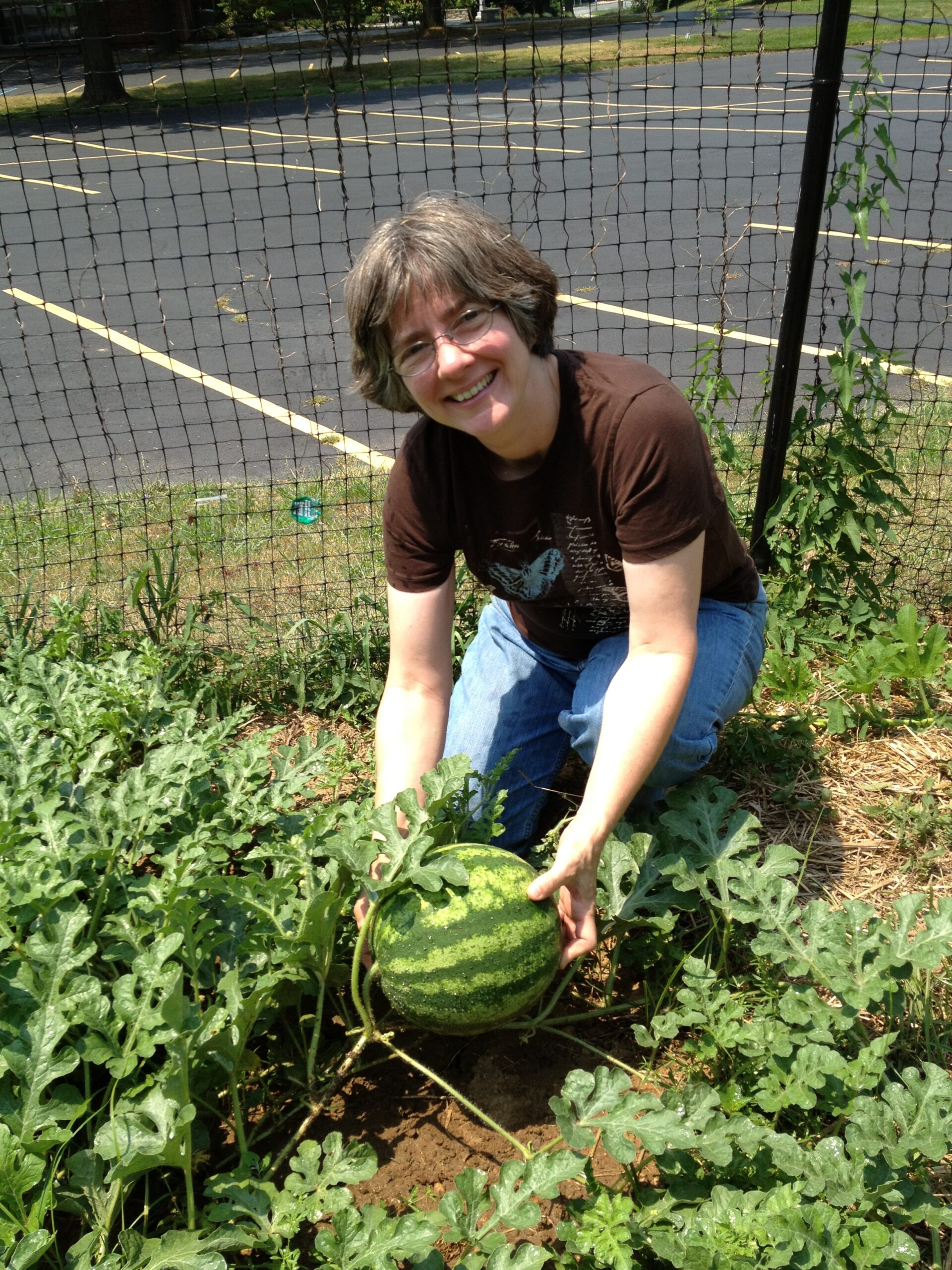
Unbound Social